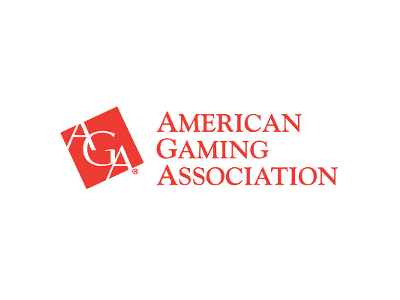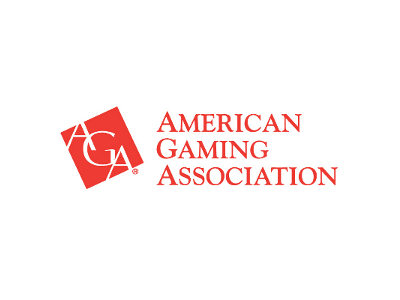

The American Gaming Association (AGA) will support a bill to regulate online poker that is expected to be introduced later this year.
On Wednesday – Frank J. Fahrenkopf, Jr., president and CEO of American Gaming Association – in the keynote address to the Gaming Executive Summit, proclaimed that AGA will endorse a “poker only” online gaming bill that is expected to be introduced this fall, according to egrmagazine.com.
Fahrenkopf said that AGA does not support the online poker bill (HR 2366) that was introduced by Congressman Joe Barton (R-TX) two weeks ago. “We are not supporting it. We are not opposing it, but we are not supporting it.”
The AGA-sponsored bill will put licensing and regulatory control in the hands of “the states that have the longest history in gaming regulation, that have the law enforcement on staff and the financial wherewithal to do tough regulation. Probably, that only means Nevada and New Jersey.”
Another key point in the proposed legislation will require states to opt in. Both the bill introduced by Congressman Barton (R-TX) and a bill introduced by Congressmen Barney Frank (D – MA) and John Campbell (R – CA) have provisions that would initially include all states and force those that did not want to participate to opt out, which is widely believed to be more player friendly.
Frank and Campbell have pledged their support for the Barton bill. “I’m co-sponsoring his (bill), I believe he’s going to co-sponsor mine. If his moves first, I’ll support him,” Campbell said to the Las Vegas Sun.
The day before Fahrenkopf announced the AGA-backed bill, he authored an op-ed where he stated:
It is also clear that it is going to take a united effort by the gaming industry and our allies to overcome the alliance of the activists opposed to gambling in all forms with those who have legitimate but ill-informed concerns about the risks of online poker.
Ironically, the AGA-backed bill stands to compete with the Barton bill and may possibly divide those in favor of regulating online poker, thus weakening the necessary “unified effort.”

